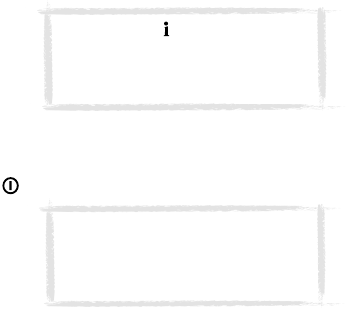
Introduction
12
1999 Nokia Mobile Phones. All Rights Reserved.
Both of these parts use the same resources and work closely together – they
are not separate devices. For example, the phone uses the names and phone
numbers stored in the Contacts directory of the communicator interface, and
the communicator interface uses the phone for communicating with the
“outside world”, for example, when sending or receiving faxes and connecting
to the Internet.
The communicator interface contains many organiser and communications
applications. The large keyboard, command buttons and display make using
the applications easy. The communicator interface has no power on/off
button – it switches itself on when you open the cover and switches off when
you close the cover.
The phone is designed for making and answering calls quickly. It looks and
operates like other Nokia wireless phones, except that the earpiece and
microphone are on the rear of the device. The phone is switched on and off by
pressing the button on the cover.
About this manual
This chapter explains how the Nokia 9110 Communicator operates. The
following chapter, "Getting started", helps you begin using the Nokia 9110
Communicator. It explains the start-up procedure and gives information
about the various aspects of the device, such as the keyboard and the display.
"Special features" explains special functions, and "Computer connectivity"
shows how to connect your communicator to a PC.
The rest of this manual deals with the communicator applications and the
phone. There is a short glossary of Internet and cellular terms and
abbreviations at the back of this manual.
If you are switching from the Nokia 9000 Communicator or the Nokia 9000i
Communicator to the Nokia 9110 Communicator, please, see ”To transfer data
from older communicator models” on page 37.
Tip: Press the button on the
communicator interface keyboard to
find basic information about the
communicator applications.
IMPORTANT! Do not switch on the
phone when wireless phone use is
prohibited or when it may cause
interference or danger.


















